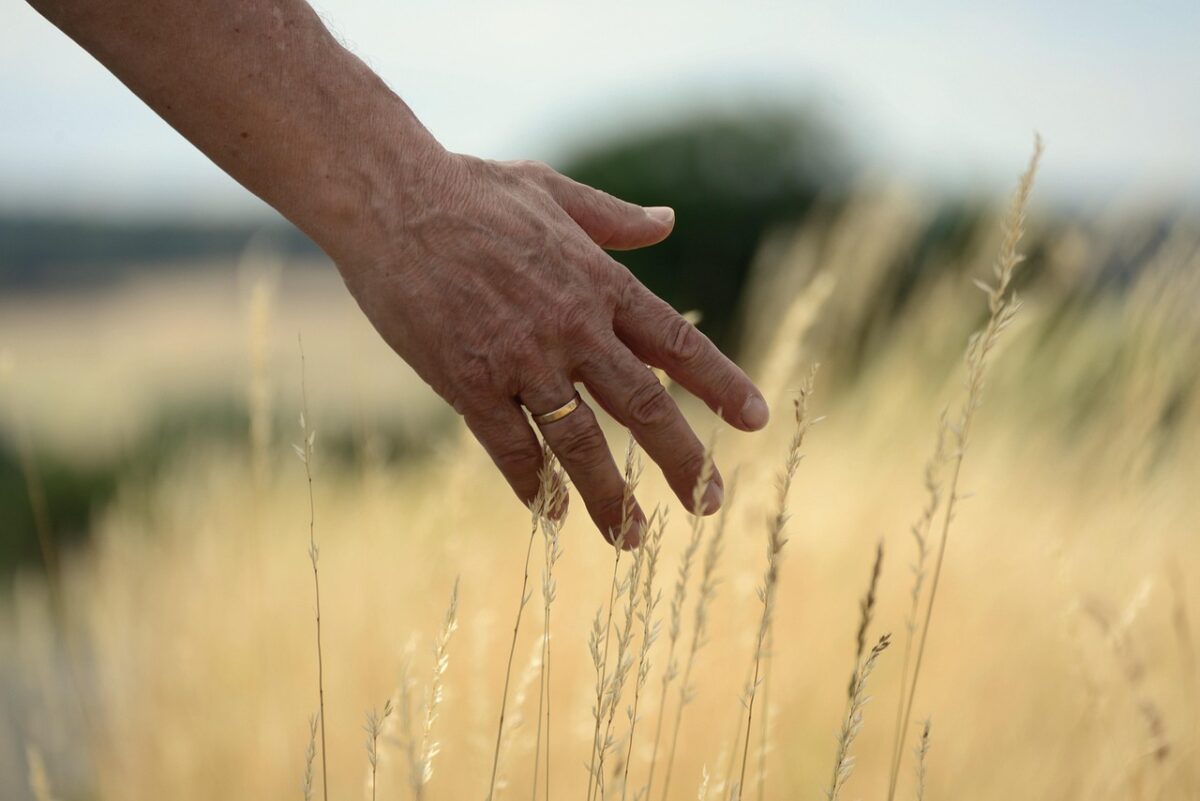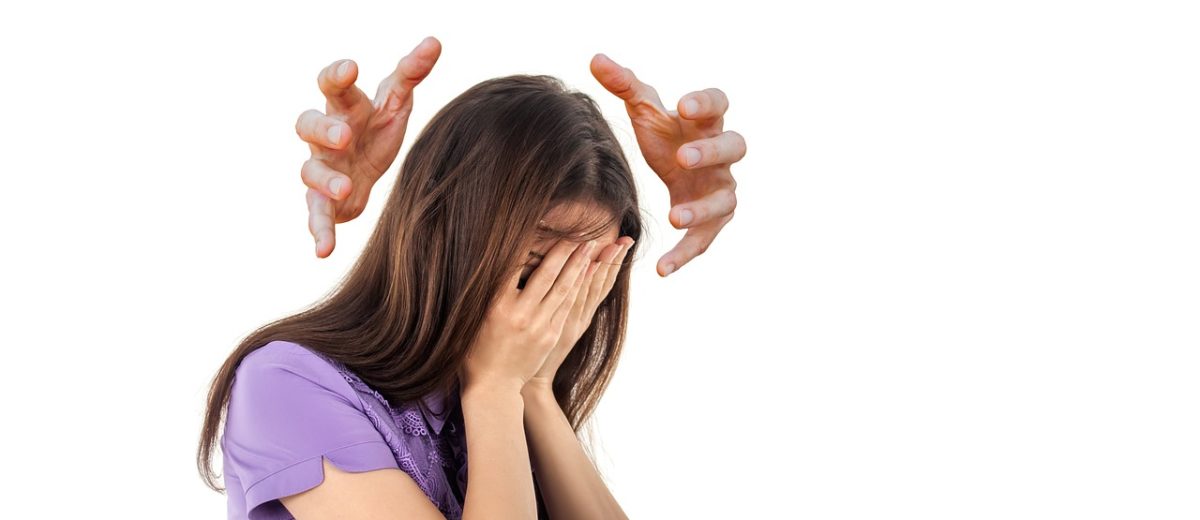I have found working with stroke patients very rewarding. Unfortunately a stroke can leave some who was previously hale and hearty struggling with even the essentials of a daily dignity. And in need of support in ways that they might not have every imagined.
Although the onset of a stroke may come out of the blue, recovery is often a long and draw-out process. Men and older people are more at risk, but anyone can experience a stroke. Each year in Australia 55,000 people experience a stroke, and a year later, only 10% of them will have fully recovered. I’ve written before about the evidence base for acupuncture for depression after a stroke, which around a third of stroke survivors will need help with. But there are a wide range of other possible symptoms that may contineu to impair your quality of life if you have had a stroke.
So I was interested to see a recent study on acupuncture for somatosensory problems after a stroke.
Somatosensory problems after stroke
Somatorysensory problem are problems that affect our perceptions of our body itself, and of the world around us. Around half of stroke survivors may experience difficulties with their perception of touch, position senses (known as proprioception), temperature, and/or pressure. The knock-on impacts of these can hinder your ability to perform all kinds of simple every day tasks, from walking and balancing, to safely picking up a cup of tea.
Acupuncture for somatosensory problems after stroke
The 2025 study is a systematic review and meta-analysis, which means they looked systematically at all of the studies that have been done in this area. They identified 55 randomised controlled trials for their analysis, including nearly 5,000 patients. They concluded:
“The current best evidence shows that acupuncture has advantages in raising the effective rate, alleviating sensory disturbance, relieving pain, enhancing the ability of daily living, and improving the symptoms of neurological deficits for somatosensory deficits after stroke compared with the control group… However, further well-designed high-quality and multicenter international studies are needed to verify the effectiveness and safety of acupuncture for somatosensory deficits after stroke.”
“Additionally, the adverse reactions in acupuncture group were acceptable and the incidence of adverse events is lower than in the control group.”
2025 systematic review and metanalysis on acupuncture for somatosensory problems
Acupuncture approaches
I was pleased to see the study describe the types of acupuncture, and the acupuncture points that were used in the underlying research trials- believe it or not, not all acupuncture studies actually mention these. They found quite a long list, which illustrates nicely how individualised a well-thought-out acupuncture treatment usually is. The choice of points for each person, and at each stage in their treatment, will be based on a wide range of diagnostic information, incorporating all the other current aspects of their health. It’s not really the nature of acupuncture to treat only one symptom in isolation, when others are also present.
We discovered that baihui (DU20) appears the most frequently, with a total of 14 occurrences, followed by the sanyinjiao (SP6) with 13 occurrences, and then the zusanli (ST36) with nine occurrences. Fengchi (GB20), hegu (LI4), and yanglingquan (GB34) each appeared six times. Neiguan (PC6), quchi (LI11), and Ah Shi points each appeared five times. Jianyu (LI15), weizhong (BL40), jiquan (HT1), and xuehai (SP10) each appeared four times. Fenglong (ST40), tianzhu (BL10), and shenting (GV24) each appeared three times. Wangu (GB12), taichong (LR3), shousanli (LI10), waiguan (SJ5), huantiao (GB29), fengshi (GB31), chize (LU5), yongquan (KI1), liangqiu (ST34), dicang (ST4) and taiyang each appeared two times. The acupoints that appeared only once include yintang (GV29), taixi (KI3), pishu (BL20), xinshu (BL15), feishu (BL13), shenshu (BL23), ganshu (BL18), yuyao, jianzhen (SI9), xiaguan (ST7), jiache (ST6), chengjiang (ST24), sibai (ST2), yingxiang (LI20), qubin (GB7), and baxie.
But don’t worry, no one treatment would usually include ALL of these points! This is more of an indication of the menu of options that a fully trained traditional acupuncturist may be able to draw on, for this type of problem.
Try acupuncture
To book in for some acupuncture, just get in touch and I will be happy to help.
References
Stroke: Symptoms, Treatments, and Statistics in Australia. (n.d.). Brain Foundation. Retrieved February 10, 2025, from https://brainfoundation.org.au/disorders/stroke/
Sidarta, A., Lim, Y. C., Wong, R. A., Tan, I. O., Kuah, C. W. K., & Ang, W. T. (2022). Current clinical practice in managing somatosensory impairments and the use of technology in stroke rehabilitation. PLoS ONE, 17(8), e0270693. https://doi.org/10.1371/journal.pone.0270693
Ren, S., Chen, Y., Liu, Y., Lv, Q., Peng, J., Song, L., Zou, Y., Zhang, H., & Chen, X. (2025). Acupuncture for somatosensory deficits after stroke: A systematic review and meta-analysis. Frontiers in Medicine, 12. https://doi.org/10.3389/fmed.2025.1504215
Image by congerdesign from Pixabay















